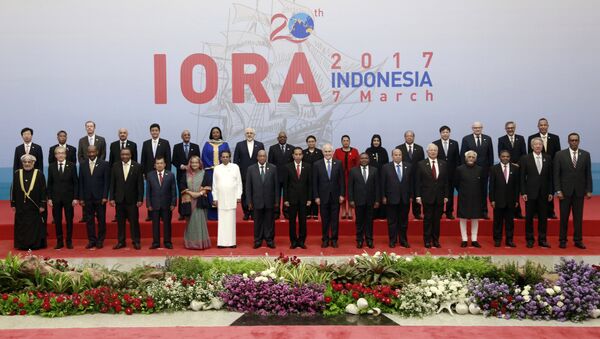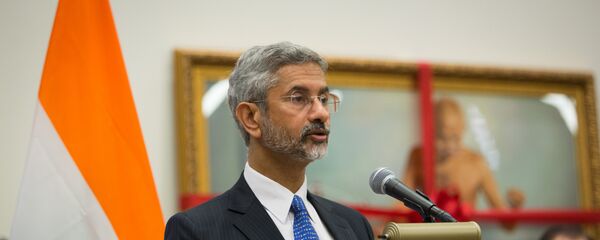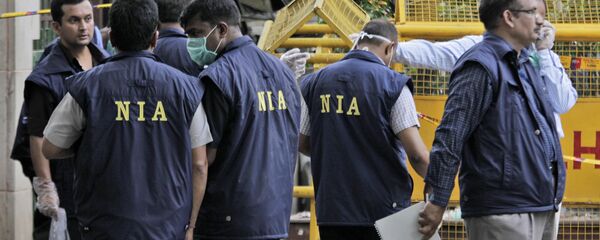Ansari urged international waters be used with responsibility and restraint. His comments come at a time when China's growing assertiveness in the disputed South China Sea has raised fears of a potential flashpoint.
"Today, terrorism has become the major impediment to development and threatens all pluralist and open societies. The perpetrators, organizers, financiers and sponsors of terrorism must be isolated and face strong sanctions. We have reiterated our commitment to combating terrorism by adopting the IORA Declaration on countering violent extremism," Ansari told the gathering of leaders from the 21-member countries and representatives of 7 Dialogue Partners in Jakarta, as reported by All India Radio News.
Ansari asked IORA members to "help each other by sharing intelligence, securing our cyber space, and minimizing the use of Internet and social media for terrorist activities".
"All using these international waters must act with responsibility and restraint," said Ansari, in a veiled reference to China's growing assertiveness in the South China Sea and advances in the Indian Ocean. That India laid emphasis on terrorism as well as maritime security in the IORA summit is not a routine affair.
"India's growing sea-borne trade and a historic power shift in the Indian Ocean compelled Delhi to pay greater attention to securing a sustainable regional order in the vast littoral," he wrote in an op-ed piece in The Indian Express.
Along with India, two other middle powers in the region, Australia and Indonesia, have worked to infuse renewed purpose and vigor in the IORA. New Delhi needs to put in more efforts to steward the grouping towards achieving its primary goals that, in turn, will help it in countering the rise of China in the Indian Ocean. It won't be easy due to the asymmetry in power between India and China, said Raja Mohan.
"The rise of China has meant that Beijing has become a powerful economic force in the Indian Ocean. It has the resources and the will to develop regional infrastructure and connectivity… In contrast, India's economic liberalism is too weak to let it drive regional integration. Delhi cannot match the resources, financial or institutional, that Beijing brings to bear on Indian Ocean connectivity. Its political class remains hesitant about building coalitions with other powers to improve India's regional position," he said.




